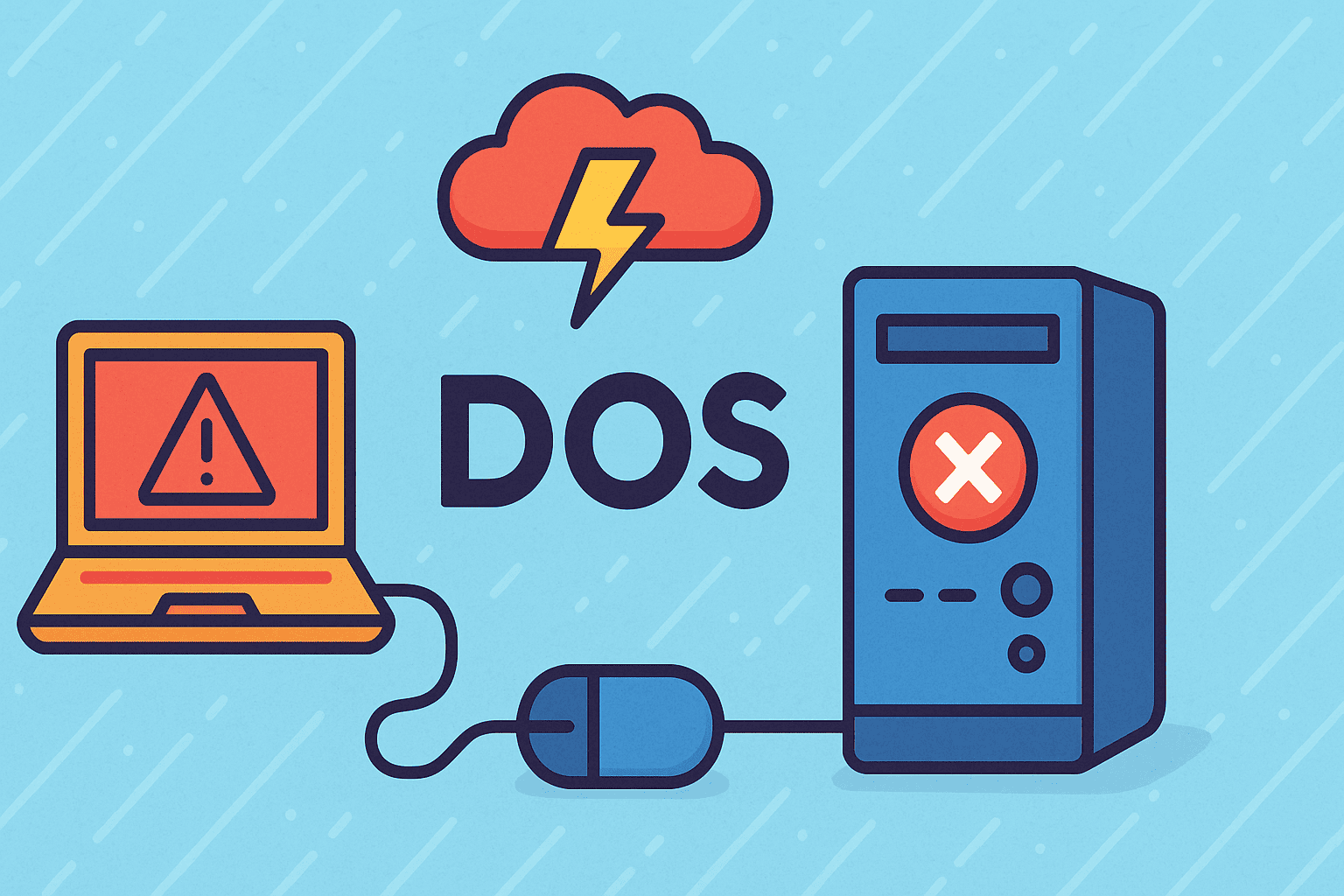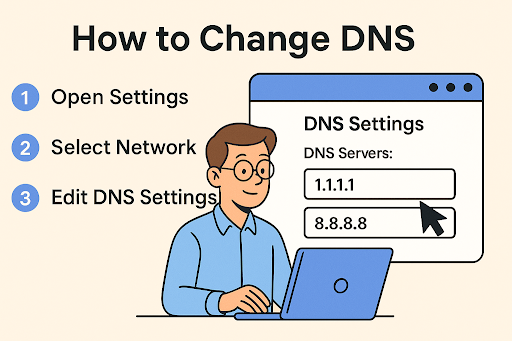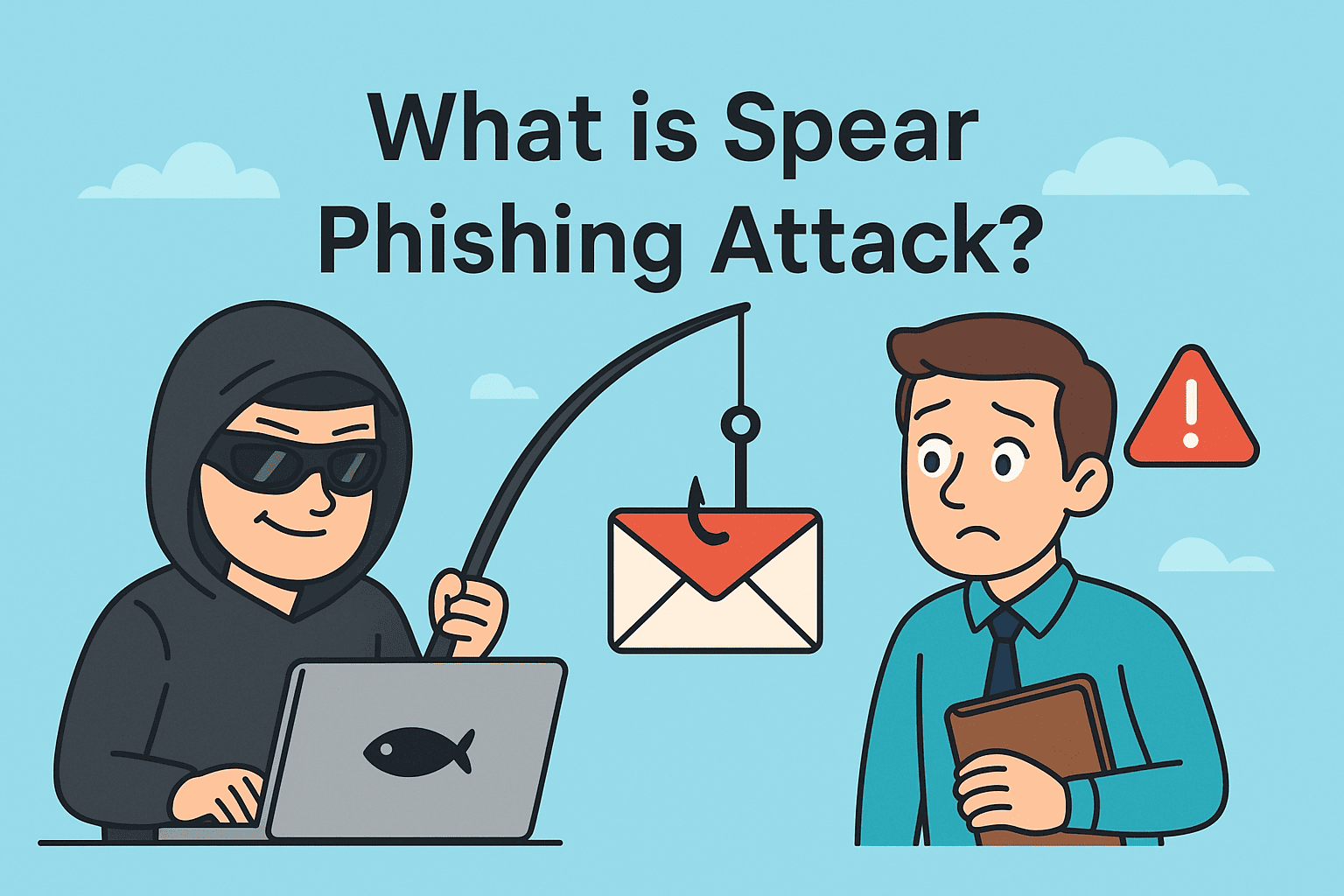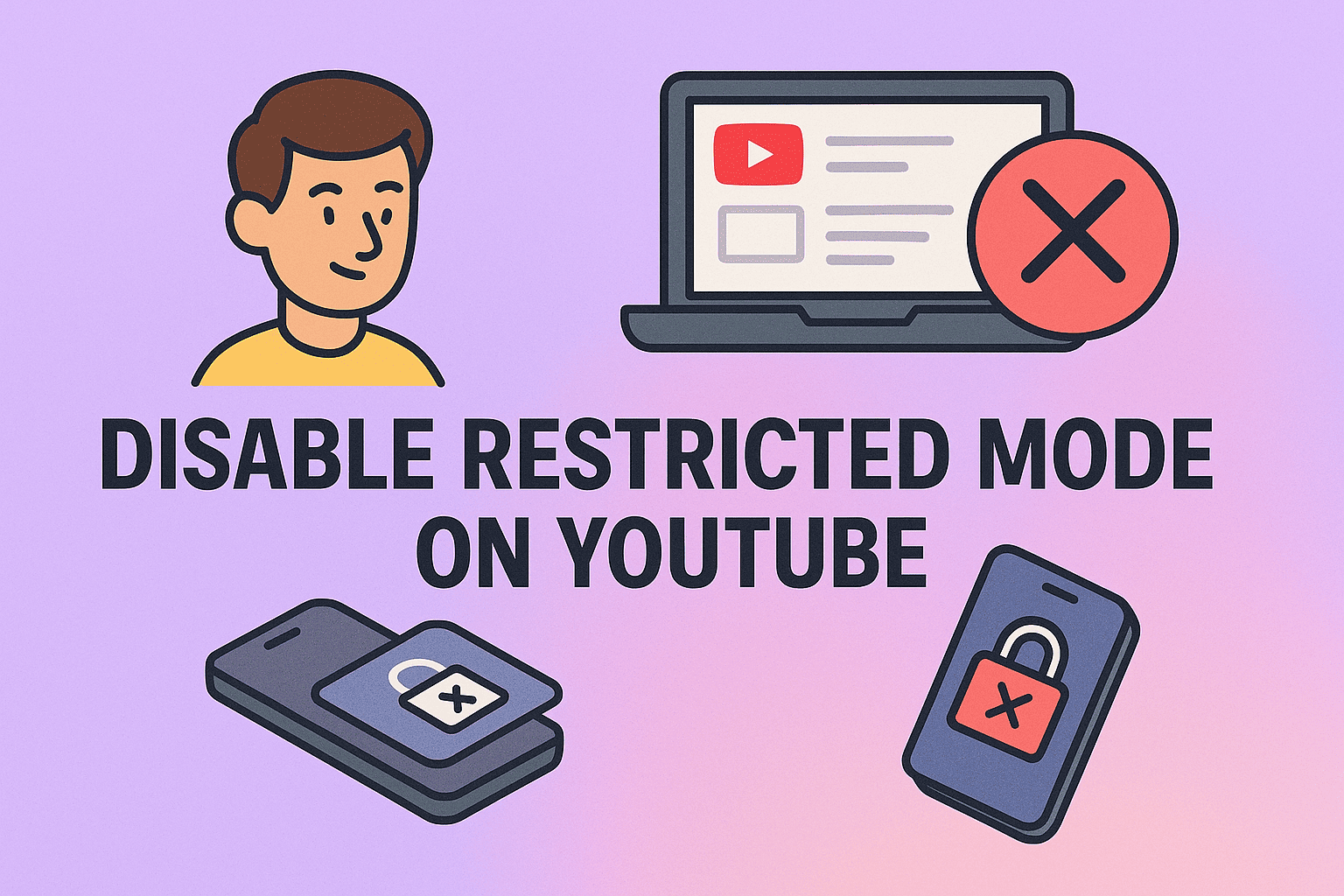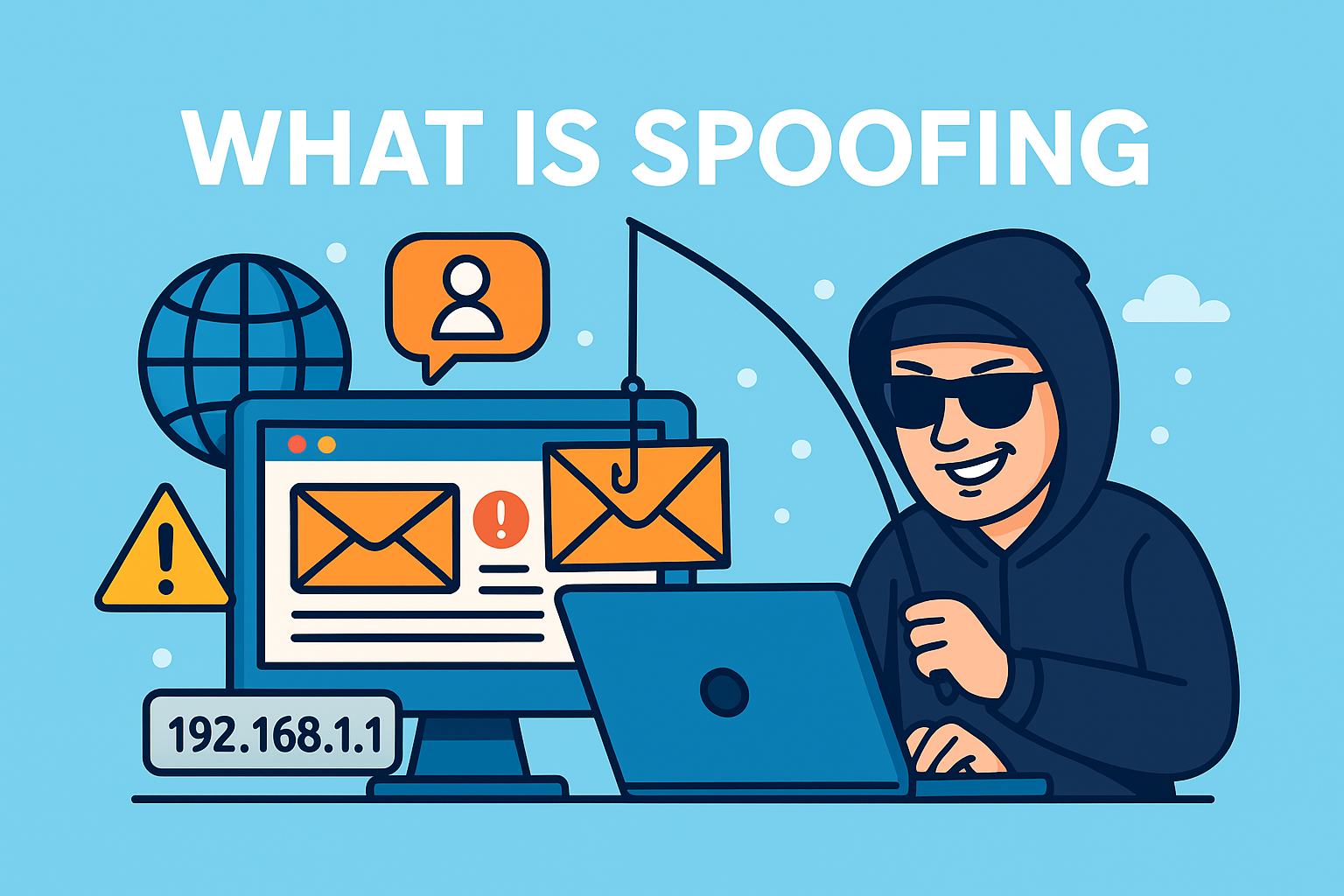Is Your Web Application Secure from SQL Injection?
Updated on July 23, 2025, by ITarian
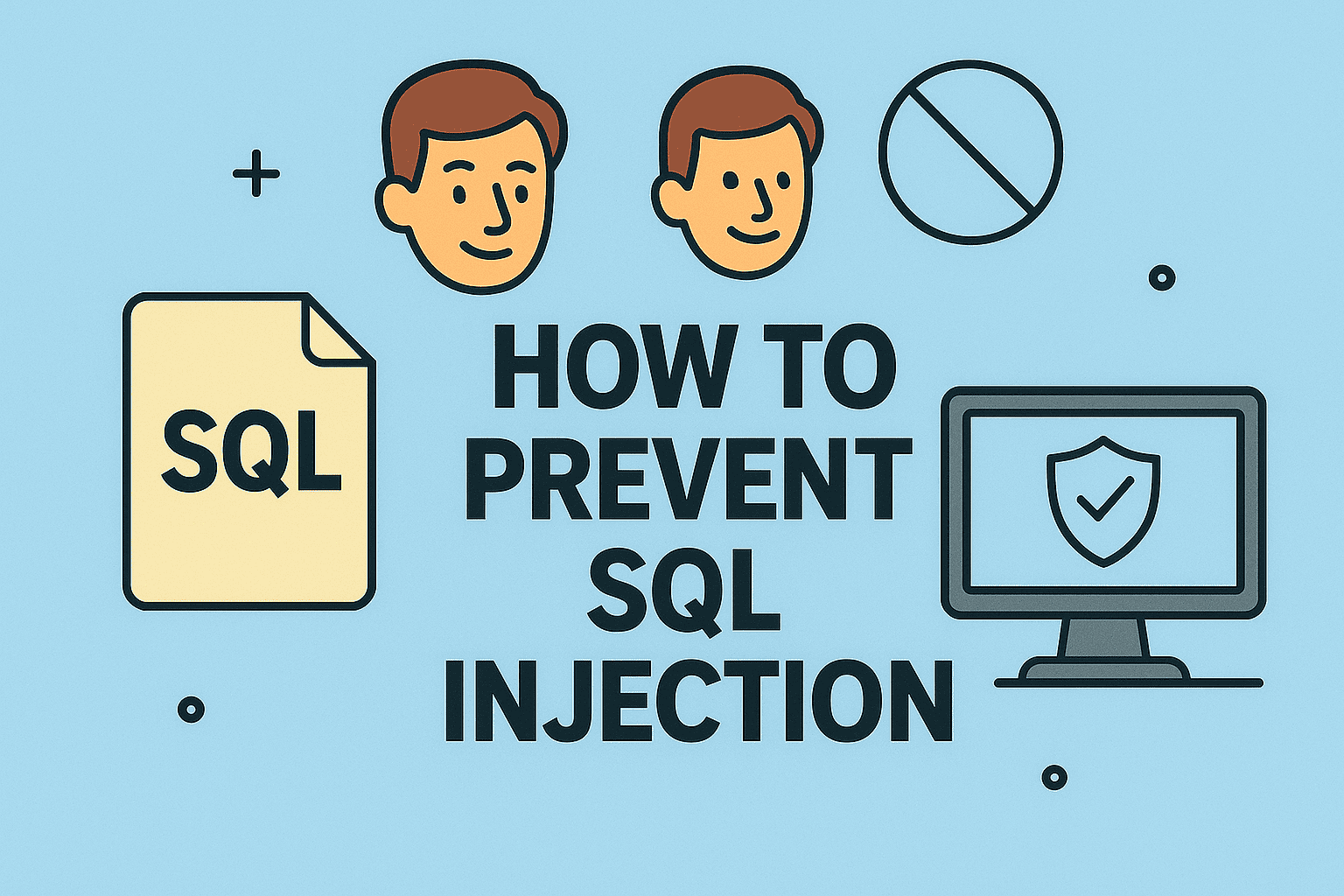
Did you know that SQL injection remains one of the most exploited cybersecurity vulnerabilities globally? According to OWASP, it consistently ranks among the Top 10 Web Security Risks. If you’re responsible for application security or business data protection, understanding how to prevent SQL injection is essential to safeguard sensitive information from cybercriminals.
In this guide, we’ll explain SQL injection prevention best practices, explore parameterized queries to prevent SQL injection, and share actionable SQL injection security measures to help you protect your web applications.
What is SQL Injection?
SQL injection (SQLi) is a cyberattack where malicious SQL code is inserted into an input field, tricking the database into executing unintended commands. This vulnerability can lead to:
- 📂 Data breaches of sensitive customer or business information.
- 🔓 Unauthorized access to backend databases.
- 🚨 Application crashes or defacements.
✅ Real-World Example: Many large-scale breaches, including high-profile financial institutions, have resulted from SQL injection flaws.
Why You Must Prevent SQL Injection
Failing to secure your applications can lead to:
- 💸 Financial Losses: Data theft can result in fines and lawsuits.
- 🛡️ Reputation Damage: Data leaks erode customer trust.
- ⚠️ Regulatory Penalties: Non-compliance with GDPR, HIPAA, or PCI DSS.
✅ Insight: Proactively learning how to prevent SQL injection is a critical investment in your company’s long-term cybersecurity.
SQL Injection Prevention Best Practices
Following these SQL injection prevention best practices will help reduce risk and secure your applications effectively.
1. Use Parameterized Queries (Prepared Statements)
Parameterized queries ensure user inputs are treated strictly as data—not executable code. Most modern programming languages support this feature.
✅ Example in Python:
python
CopyEdit
cursor.execute(“SELECT * FROM users WHERE username = %s”, (username,))
2. Implement Stored Procedures
Stored procedures abstract the SQL logic on the database side, minimizing direct SQL queries in the application code.
✅ Benefit: Reduced injection surface area and centralized query control.
3. Validate and Sanitize Inputs
- Use whitelisting to define acceptable input formats.
- Block suspicious or unexpected characters.
- Enforce input length limitations.
✅ Tip: Never trust client-side validation alone—always validate on the server side.
4. Use ORM (Object Relational Mapping) Tools
Frameworks like Django ORM, Hibernate (Java), or Entity Framework (C#) handle query construction securely.
✅ Advantage: ORM tools make SQL injections significantly harder by managing query structures internally.
5. Regular Code Audits and Penetration Testing
Conduct code reviews, use static code analyzers, and schedule pen tests focused on injection vulnerabilities.
✅ Best Practice: Incorporate SQL injection testing into your CI/CD pipeline.
Parameterized Queries to Prevent SQL Injection
Parameterized queries are the gold standard defense strategy against SQL injection.
How They Work:
- SQL queries are precompiled.
- User inputs are bound to placeholders.
- Databases treat inputs only as values.
Benefits of Parameterized Queries:
- ✅ No query manipulation is possible.
- ✅ Cleaner and more maintainable code.
- ✅ Compatibility with multiple databases.
SQL Injection Security Measures Beyond Code
Besides secure coding, these SQL injection security measures help strengthen your defense:
- 🧰 Web Application Firewalls (WAFs): Detect and block SQLi attempts in real-time.
- 🔐 Least Privilege Database Access: Limit database user permissions.
- 📊 Monitoring & Logging: Enable SQL query logs to detect unusual activity.
- ✅ Error Handling: Avoid exposing database errors to users.
✅ Tip: A layered security strategy combining WAFs, coding practices, and regular audits offers the best protection.
Summary Checklist: How to Prevent SQL Injection
✔️ Use parameterized queries
✔️ Implement stored procedures
✔️ Enforce input validation
✔️ Employ ORM frameworks
✔️ Use WAFs
✔️ Conduct regular code reviews and testing
✔️ Configure database permissions properly
FAQs About SQL Injection Prevention
1. What is the most effective way to prevent SQL injection?
Using parameterized queries (prepared statements) is the most effective and recommended method.
2. Can a WAF completely prevent SQL injection?
A WAF reduces risks but should not replace secure coding practices—it’s a supplemental defense.
3. How often should I test for SQL injection vulnerabilities?
Test after every major update and conduct quarterly penetration testing for best results.
4. Is SQL injection only a problem for web applications?
Primarily, yes—but any application interfacing with a database (APIs, IoT devices) can be vulnerable.
5. Does using ORM guarantee full protection?
ORM tools reduce risk but must be paired with proper validation and secure configurations.
Conclusion: Protect Your Business from SQL Injection Threats
Mastering how to prevent SQL injection is crucial for maintaining application security, data privacy, and business reputation. From SQL injection prevention best practices to parameterized queries and robust security measures, adopting these strategies drastically reduces the risk of exploitation.
✅ Secure Your IT Infrastructure: For robust cybersecurity protection and managed security services, sign up with Itarian and elevate your security posture today.




